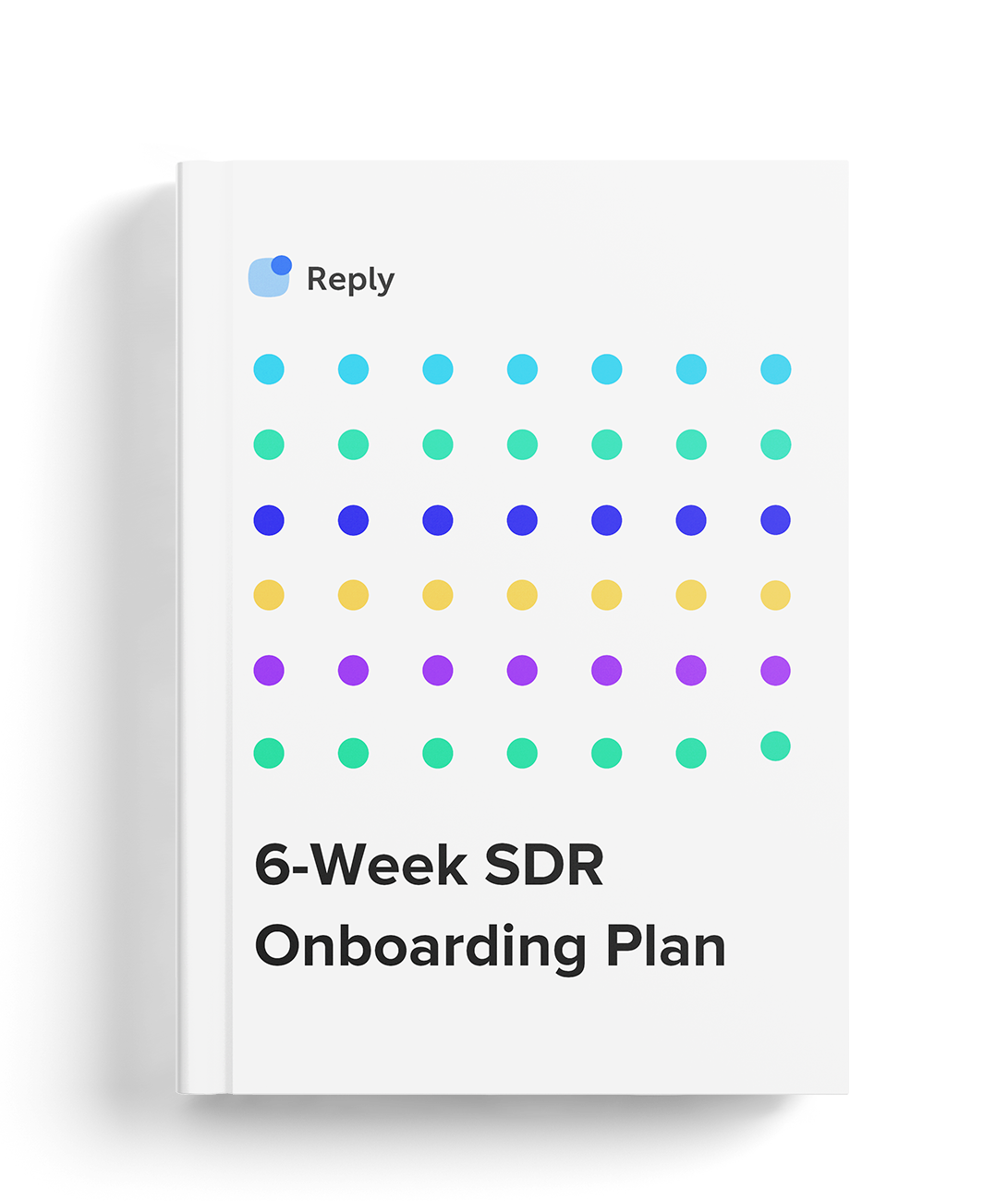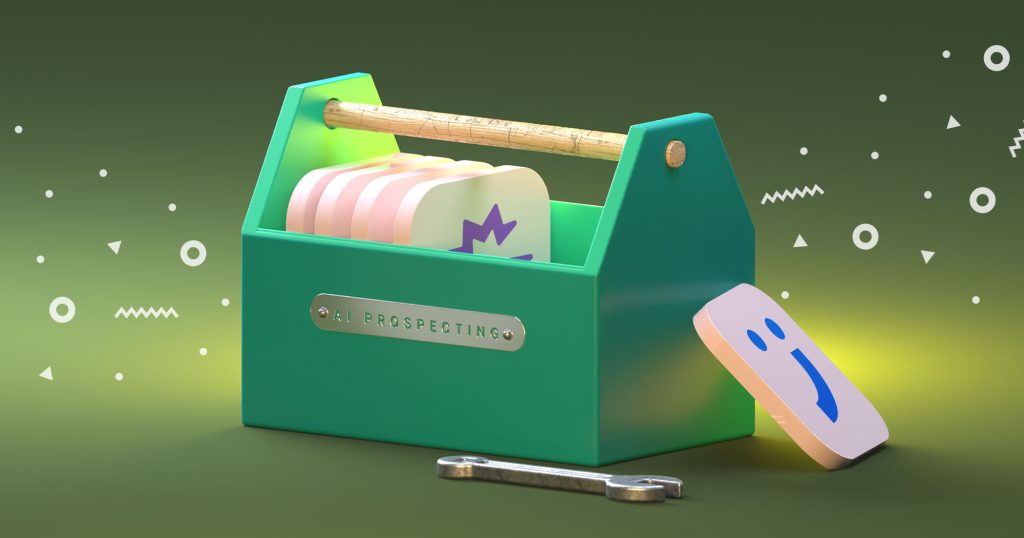Tell me a little bit about yourself
This popular opener might sound like a simple question but, as a candidate, it’s important to prepare what you’re going to say in advance. A strong concise answer will set you up for a successful SDR interview. On the other hand, if you don’t have your response ready, you may end up flustered and struggle through the rest of your interview.
This is an interview for a sales position, so use this question as an opportunity to sell yourself. Create your own elevator pitch, highlighting the parts of your life that make you a perfect fit for a sales career. While past sales experience is a definite plus, it’s not a necessity for an entry-level position. For example, you could mention previous jobs, your education, favorite hobbies… anything that shows you have the right skills and mindset for a career in sales.
For SDR managers conducting the interview, pay attention not just to what the candidate says, but how they say it. This list is made up of open-ended questions that encourage the candidate to relax and express themselves. Are they conversational? At ease? Enthusiastic? This will be a good indication of how they interact with potential leads.






